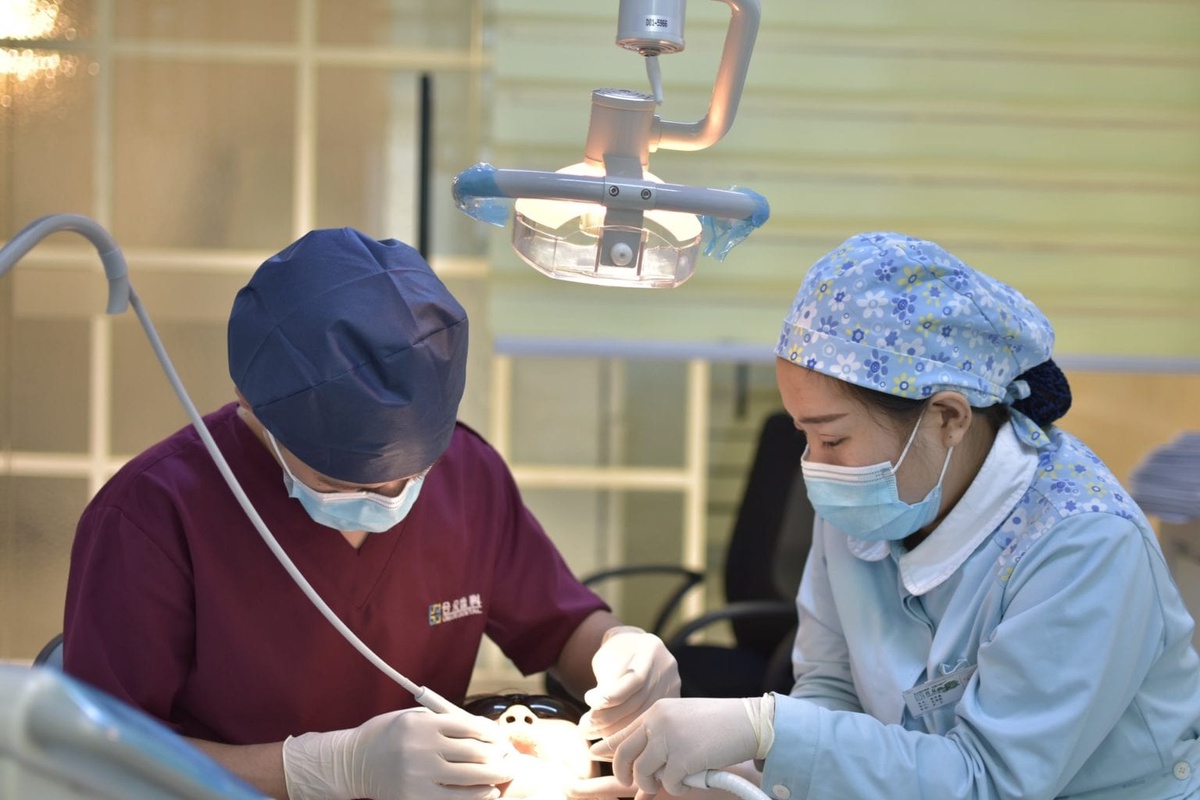Wisdom teeth, or third molars, are the last molars to develop in your mouth. Your wisdom teeth may stay in place and not cause any problems. On the other hand, they may grow sideways or at an angle towards another tooth and need to be removed. Wisdom Tooth Extraction can be painful, but it is often easier to take them out while young than to risk a more complicated and costly surgery later in life.
Concerns About Wisdom Teeth
Besides the fact that they can be difficult and uncomfortable to clean, wisdom teeth may not fully develop properly. Many people wonder why they even have wisdom teeth since they don't use them. They may develop at an angle toward another tooth, or their roots may grow curved or sideways. These issues can lead to infection, pain in your jaw, and swelling in the facial area around your jawline. While some cases of impacted wisdom teeth can be treated without surgery, most require dental extraction.
Facial Changes
If your wisdom teeth have not developed properly, you may experience problems with your facial appearance and structure. Wisdom Tooth Extraction can help maintain the look of your smile and facial structure. Unfortunately, not all wisdom teeth can be removed without complication, so talking to your dentist about your options before extraction is important. Also, some patients require corrective jaw surgery after removing wisdom teeth to regain proper dental alignment.
Importance of Wisdom Tooth Extraction
1. Wisdom teeth that are not removed when they are supposed to be can cause long-term problems. Periodontal disease, root canal, swelling in the chin area, trouble with the temporomandibular joint (TMJ), and jaw bone injury may result if your wisdom teeth are not properly removed.
2. Wisdom Tooth Extraction is a fairly simple procedure performed under local anaesthetic. It typically does not result in any serious complications, so many dentists often recommend that wisdom teeth be removed early.
3. Removal of your wisdom teeth can be a risky procedure. If not performed properly, it may damage the surrounding teeth and bone structure, which can cause permanent tooth loss.
4. If you have had this procedure before, some wisdom teeth may never come in correctly, leaving your mouth permanently misshapen or gapped and needing other dental procedures to repair it.
5. Wisdom Tooth Extraction has a low failure rate, less than 5%. The dentist can successfully remove your wisdom teeth with only a small chance of infection or other complications.
6. Most insurance plans will cover the cost of this procedure since it is considered preventive medicine and not an elective cosmetic procedure.
Conclusion:
Wisdom teeth can potentially cause serious oral health problems if they remain in your mouth. Most dentists recommend the removal of wisdom teeth before they begin to cause damage. Wisdom Tooth Extraction is a fairly safe procedure to help you avoid periodontal disease, pain, and the need for future corrective surgeries. Talk with your dentist about whether or not you need this procedure and what to expect during and after the surgery.


No comments yet